Federal budget 2019: NSW to get massive investment in better roads and highways
NSW will get a massive investment in better roads and highways in Tuesday’s Budget, including a new Hawkesbury River crossing to ease congestion for up to 3000 cars an hour; Labor’s electric car plan to lower emissions and land clearing promise; and, how criminal money will help mental health. BUDGET WRAP
NSW
Don't miss out on the headlines from NSW. Followed categories will be added to My News.
NSW will get a massive investment in better roads and highways in Tuesday’s Budget, including a brand new Hawkesbury River crossing to ease congestion for up to 3000 cars an hour.
The Daily Telegraph can reveal two major boosts for the state.
Prime Minister Scott Morrison has committed to the desperately needed third crossing over the Hawkesbury and will promise $200 million in Tuesday’s Budget to deliver it.
And Deputy Prime Minister Michael McCormack has promised $500 million to upgrade the NSW section of the Princes Highway, stretching from Wollongong to the Victorian border, including possible road widening, overtaking lanes and safety upgrades.
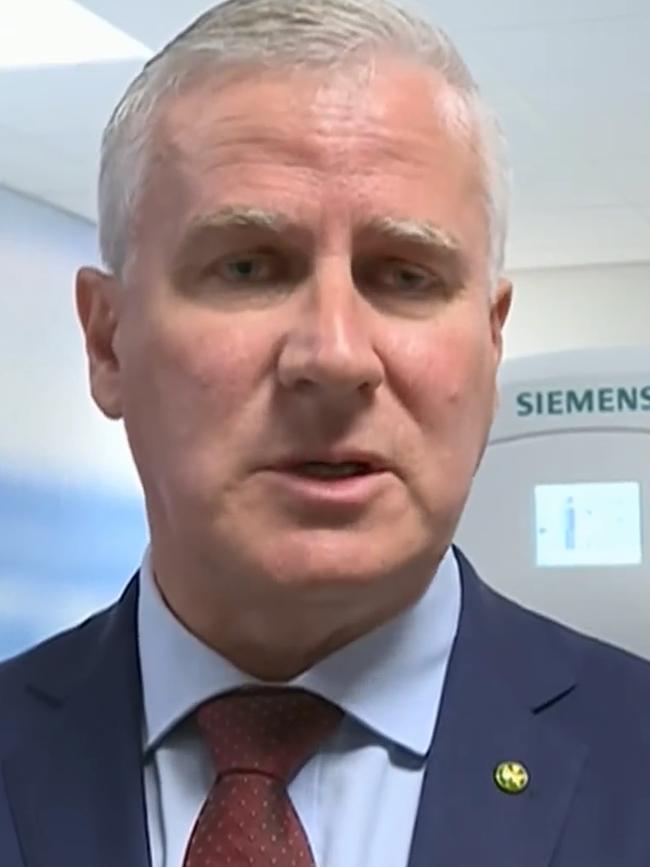
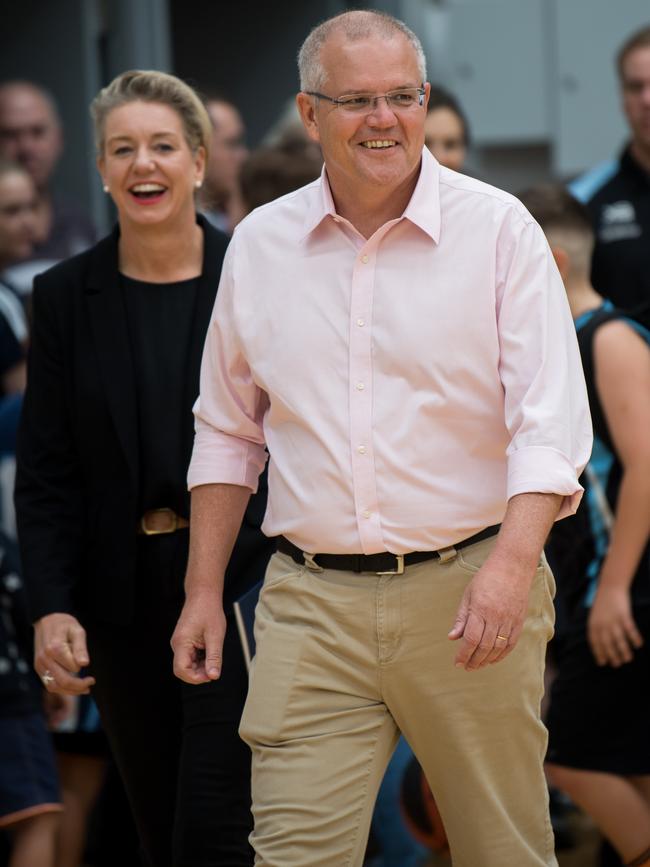
MORE NEWS
Sex abuse victim brings down attacker in police sting
Shrinking blocks turning Sydney suburbs into ‘ghettos’
Berejiklian government reshuffle: The winners and losers
Combined, the two projects will create up to 3000 direct and indirect jobs — 1800 from the Princes Highway work and 1200 linked to the Hawkesbury project, giving the state’s economy another shot in the arm.
The PM said the investment will mean “people get home sooner and safer, which is what investing in our roads is all about”.
It comes after The Daily Telegraph revealed last week that the Budget will include a $253 million investment in congestion-busting projects across Sydney and the Central Coast, targeting pinch points in Eastwood, Kirrawee and Sydney Olympic Park.
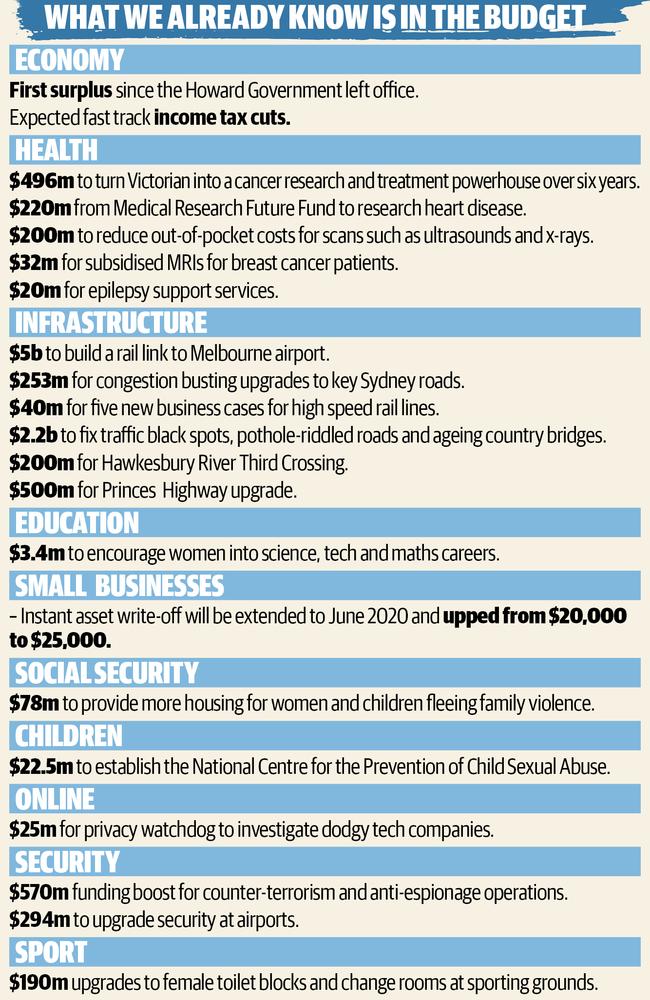
The state government had already identified that the Hawkesbury’s Richmond Bridge — which currently carries more than 3000 cars an hour at peak times — is close to capacity and that the level of service along this section of road is below average when compared to other areas of Sydney.
The Budget commitment for a new third crossing falls in the marginal electorate of Macquarie, which the Liberals lost to Labor at the last election and is held by just 2.2 per cent.
The location of the new crossing will be decided in consultation with the state government, which concluded that congestion would get even worse unless the capacity of the corridor was increased.
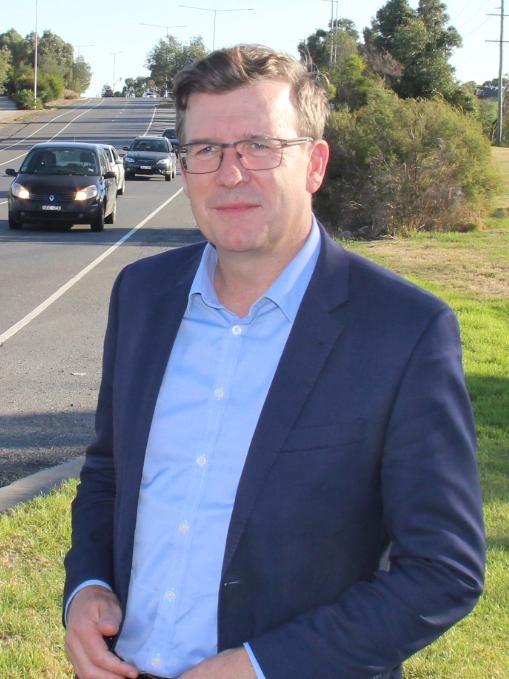
The planned crossing will also provide a more flood-resilient route.
Minister for Cities Alan Tudge said the project was a “game-changer for people in northwest Sydney”.
The federal government’s spend on infrastructure now stands at more than $27 billion.
This includes $5.64 billion for Pacific Highway upgrades, $3.5 billion for North-South Rail, $1.5 billion for WestConnex, $412.3 million for NorthConnex and $5.3 billion for the Western Sydney Airport.
Shorten’s electric vehicle plan to lower emissions
All new housing estates, Commonwealth buildings and federal road upgrades would be forced to include electric car charging stations under a radical Bill Shorten policy to promote electric vehicles across the nation.
The plan also calls for half of all new cars sold to be powered by electricity in just over a decade’s time — with government fleets forced to adopt electric cars even sooner, having a 2025 deadline of 50 per cent electric.
Another plank of the policy — forcing all new vehicles to cut the amount of carbon dioxide emitted from their exhaust pipes — is expected to push up new car prices by $1500.
But the promoters of the green scheme to slash CO2 emissions in passenger cars argue fuel savings more than offset the significant costs to consumers.
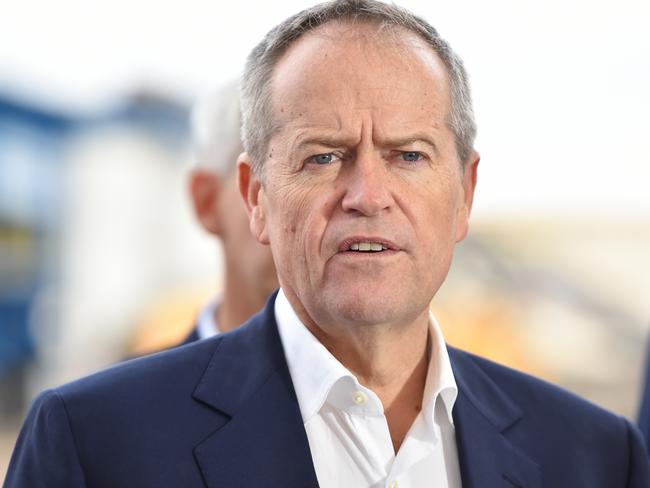
MORE NEWS
MP elevated to Berejiklian Cabinet despite massage scandal
Rising cost of kids sport a big worry for parents
Jetstar admits ripping off customers with baggage fees
Light vehicles account for just 10 per cent of Australia’s greenhouse gas emissions and the nation only accounts for 1.3 per cent of the world’s emissions.
The Shorten green plan would mandate that all light vehicles are restricted to 105g CO2/km, “which is consistent with Climate Change Authority Advice (CCA)”.
The CCA website says the current average level of the nation’s light vehicle fleet is 192g of carbon dioxide per km and that moving to 105g CO2 would drive up prices by $1500 in 2025. But it adds “this would be more than offset by fuel savings of $830 in the first year” and $8500 over a car’s lifetime’’.
Family cars such as a 2013 Holden Commodore Evoke sedan currently emit about 193g C02/km a year, while a Mitsubishi Pajero 4WD is about 240g CO2/km a year.
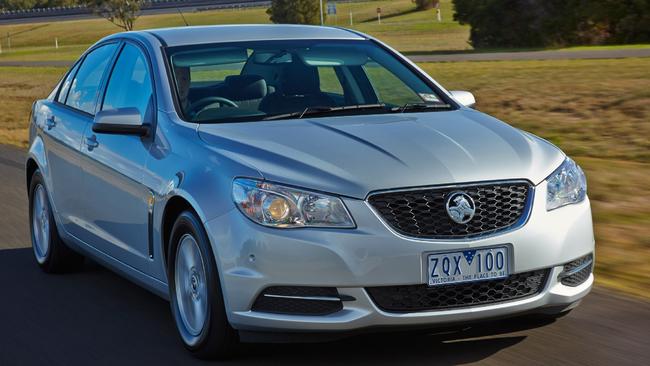
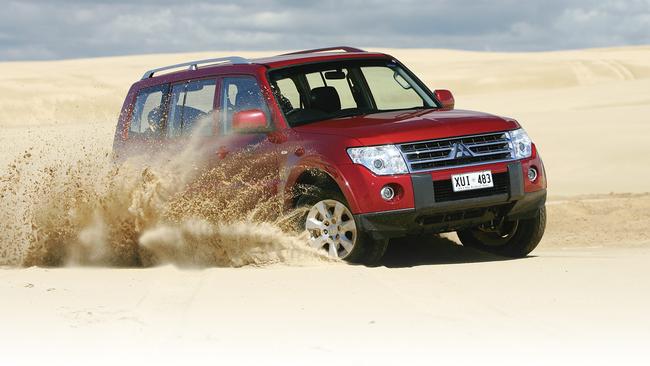
Mr Shorten says rather than apply the strict emission standard to car manufacturers, he would force car retailers to meet “average emissions standards”.
“This will allow retailers to meet the standards by offsetting high emissions car sales with low or zero emissions car sales, such as electric vehicles,” his policy states.
Critics of the push for electric cars have argued Australia’s long distances make them unsuitable for driving outside of cities. But under the ALP’s first “National Electric Vehicle” policy, Labor would “require all federally-funded road upgrades to incorporate electric vehicle charging infrastructure”.
The radical plan says Labor would work with the states to “ensure new and refurbished commercial and residential developments include electric vehicle charging capacity” and “promote national standards for electric vehicle charging infrastructure, and ensure investment in public charging stations meet these standards”.
“Labor will work towards requiring all Commonwealth owned-and-leased office buildings to include the provision of charging infrastructure where appropriate,” it says.
According to Mr Shorten, setting a 50 per cent new car sales target by 2030 for electric vehicles would “deliver more affordable electric vehicles into the Australian market”. He says it would also “drive the switch to electric vehicles, reducing their cost, create thousands of jobs” and cut pollution.
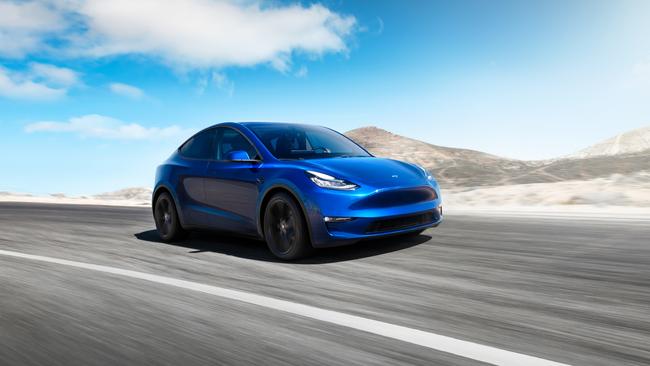
Under the plan, 50 per cent of government fleet vehicles would be electric for new purchases and leases by 2025. Labor would also give businesses a 20 per cent upfront depreciation for electric vehicles valued at more than $20,000 for their fleets.
Electric cars currently on the market in Australia can take more than four hours to recharge their batteries on standard power. The Hyundai IONIQ EV is the cheapest at around $50,000. It travels 230km between recharges.
— Clarissa Bye
Labor will reduce broadside land clearing
If Bill Shorten wins the election he will roll out land clearing laws similar to those in Queensland that have left farmers struggling to feed their cattle.
Mr Shorten will on Monday announce his plan to tackle climate change, which includes new laws to “bring broadscale land clearing under control”.
“Where states properly regulate land clearing, such as in Queensland, Labor will take no action,” the policy documents state.
Queensland’s Labor government admitted it did not consult with stakeholders when drafting its bill and has since been heavily criticised by farmers for introducing it last year.
They claim they are paying for the government’s environmental ambitions without any compensation.
Under the legislation, farmers cannot clear land that has not been touched for 15 years, instead of the previous 28 years. This has left them millions of dollars out of pocket in land value alone.
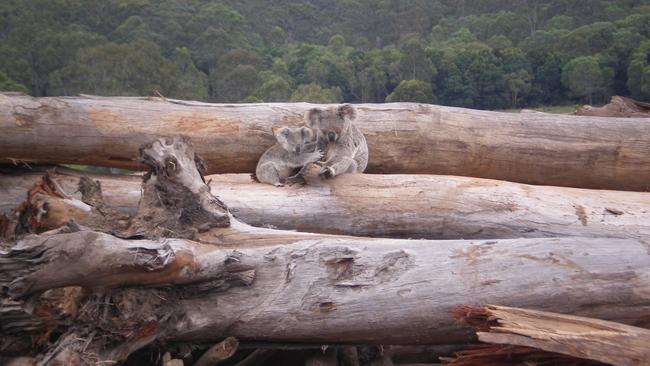
The maximum penalties courts can impose was almost tripled to more than $500,000.
Other farmers have complained they are unable to knock over vegetation to feed animals in times of drought.
And to enforce the new laws the Queensland government uses satellite imagery to spy on farmers suspected of wrongdoing.
— Campbell Gellie
Funding boost for mental health services for front-line workers
Money confiscated from the proceeds of crime will be used to fund new mental health initiatives for the nation’s emergency service workers.
Minister for Home Affairs Peter Dutton will on Monday announce almost $6 million in funding to develop mental health services and support services for Australia’s 300,000-plus police, security and emergency services personnel.
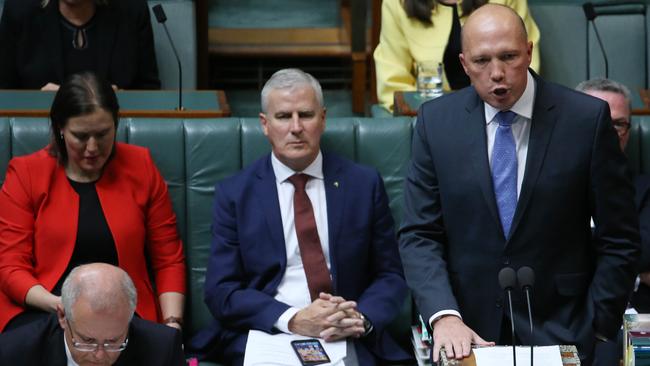
The funding is not a Budget announcement as $3.3 million will be drawn from confiscated “proceeds of crime” for initiatives to boost services and educate and support emergency service workers around mental health issues.
“We must do all we can to help them in their jobs, and importantly, to lead happy and healthy lives.” Mr Dutton said.


